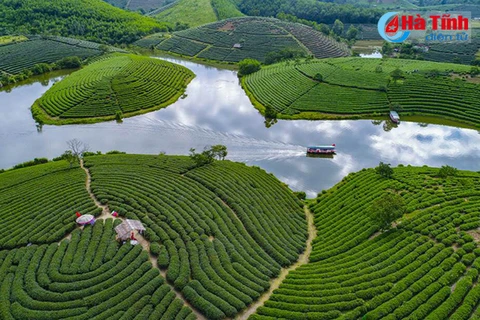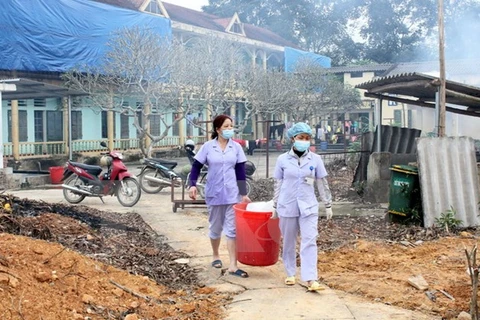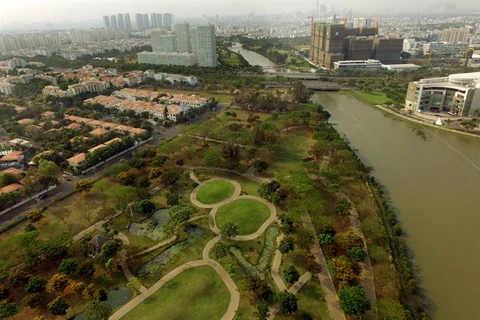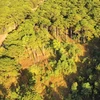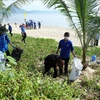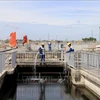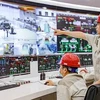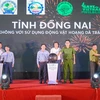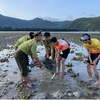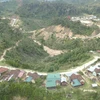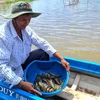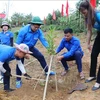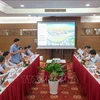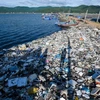Hanoi (VNA) – As environmental disputes, especially between citizens and businesses, are increasing, it is important to ensure better environmental justice as well as people’s access to information and participation in decision-making in environmental matters that affect them.
This was the core premise of the thematic discussion entitled “Environmental disputes, social changes and distributive justice: Case studies, comparative analysis, and policy implications for Vietnam” which was held in Hanoi on January 25.
According to the 2016 Vietnam Provincial Governance and Public Administration Performance Index (PAPI), environmental concerns ranked as the second most urgent matter that citizens expected the State to address after poverty and hunger.
The 2016 PAPI survey also shows that 77 percent of the respondents suggested that the State should give priority to environmental protection rather than economic growth at all costs.
The United Nations Development Programmme (UNDP) in Vietnam and the National Economics University (NEU) co-organised this event to present and discuss the findings of their latest thematic research, which provides insights into the causes and effects of past and on-going environmental disputes.
Utilising environmental justice and social construction frameworks, the research has presented policy options for Vietnam to consider in its efforts to promote a healthier environment for all.
UNDP Country Director in Vietnam Caitlin Wiesen highlighted the need to better understand the dynamics of environmental disputes in Vietnam, the socio-economic and political implications to safeguard environmental rights, as well as access to justice for those who are victims.
She said the case studies analysed in the research and experience from other countries show that three factors are important in order to ensure environmental rights: consulting with communities before governments take actions that will affect the environment; ensuring individuals have access to information and to participating in decision-making in environmental matters that affect them; and providing access to courts or any mediation mechanisms to settle environmental disputes.
According to Professor Tran Tho Dat, President of the National Economics University, most policy and research initiatives in Vietnam have focused on the levels of pollution, leaving environmental injustice under-studied. A one-sided focus on the harm caused by pollution can underestimate the sense of injustice that animates and amplifies environmental disputes.
“Environmental disputes are not just economic-technical issues but social ones,” Tho said, adding that research and international experience show that administrative management system, on its own, cannot effectively control environmental pollution and solve disputes.
Therefore, it is necessary to have policy that encourages the participation as well as social, political and professional organisations, such as universities, research institutes, in the environmental management system, he noted.-VNA

